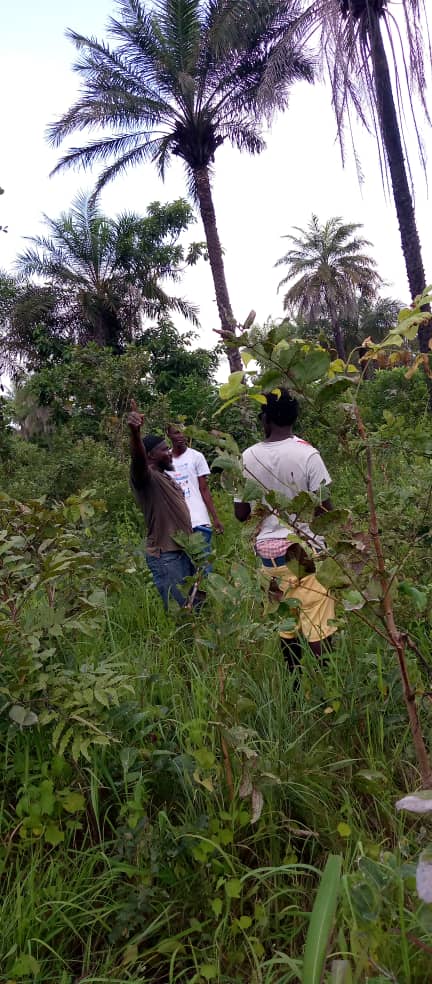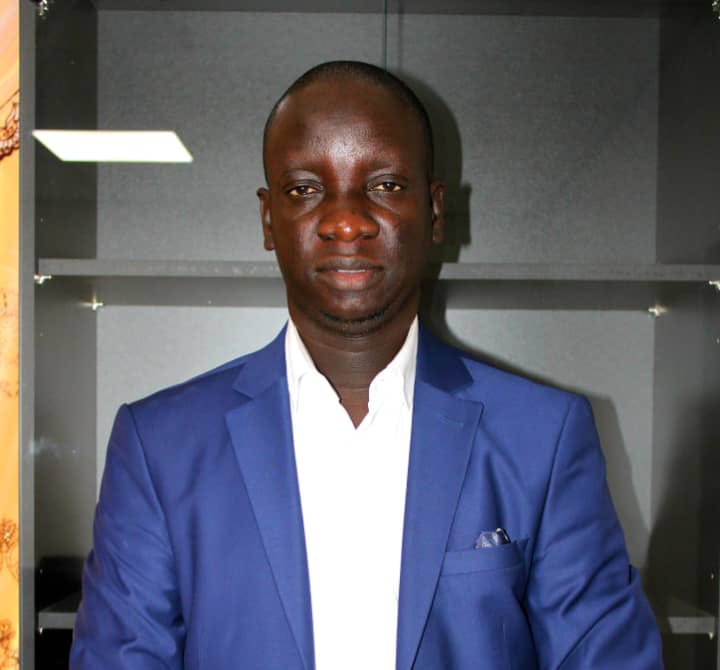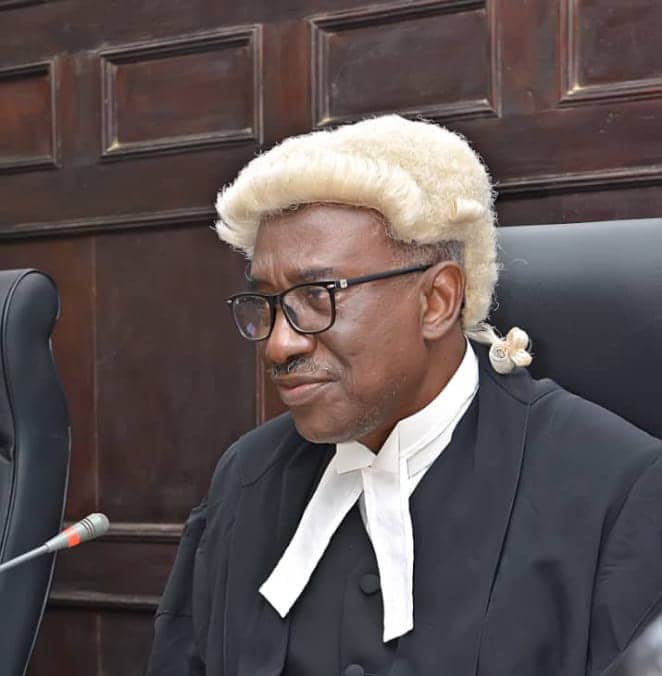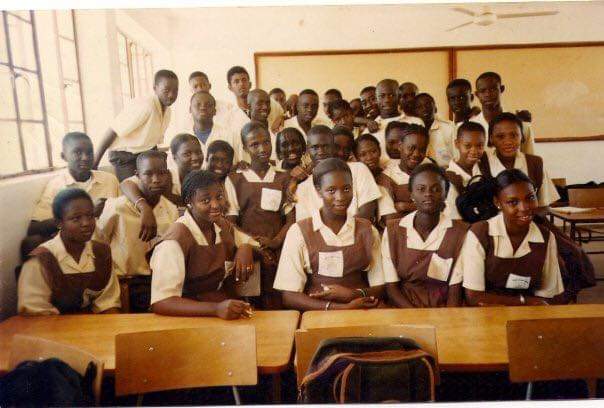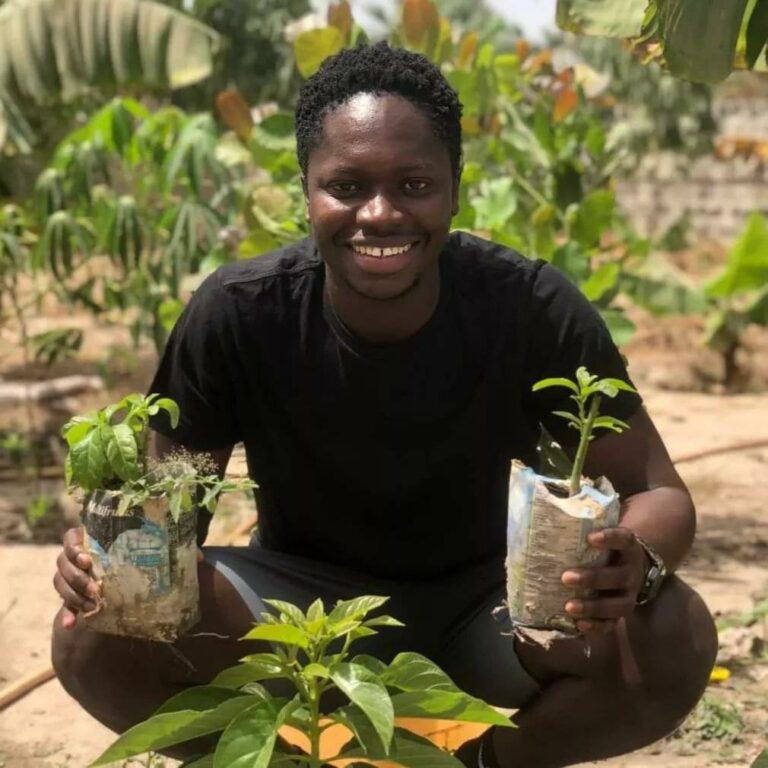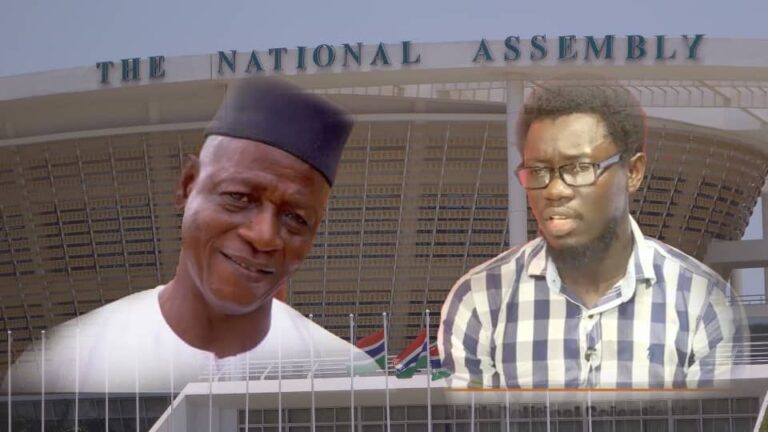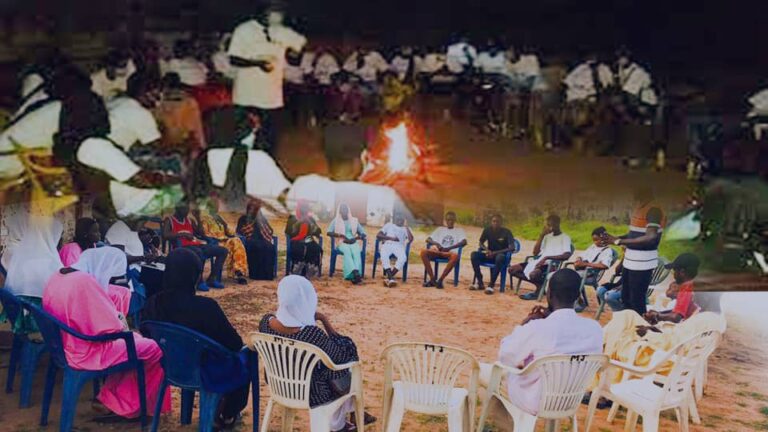The hardship felt in our nation cuts across party lines and across all spheres of life. Everyday Gambians are struggling to feed their families. We have more unemployed youth than skilled ones. Violent crime is on the rise; our health facilities, which were once the envy of our neighbors, are now death traps, under-equipped and unfit for purpose; there is rampant corruption at every level of the government. Cronyism, ineptitude, incompetence, and lackadaisical attitude has taken firm root in society.
The hardship in The Gambia is acutely felt by Gambians in the diaspora, who shoulder the burden for several families. This makes them no stranger or innocent bystanders to the hardship in the country, despite their distance. Out of concern for such unacceptable and deplorable situation and immersed in the democratic culture of their adopted home of the United States, some Gambians mobilized to bring attention to the plight of their countrymen, just as they have done countless times in the Jammeh era in their determination to end tyranny and build a Gambia every selfless Gambian wants.
Instead of acknowledging the grievances felt by the majority of our people, and making sincere efforts to address them, the president has yet again shown his callous disregard for the struggling Gambians and determined to cause further divisions by dismissing, diminishing, and deflecting their desperate cries for genuine help, as partisan propaganda by what he referred to as “UDP Gambians”.
The President further falsely alleged that the UDP was behind the 3 Years Jotna protests of 2019 and 2020 as well as the planned peaceful demonstration scheduled for November this year by a group of people calling themselves “Concerned Gambians” against his government.
UDP cannot fathom the reason, Adama Barrow, the President of The Gambia would be that dishonest, untruthful, and misleading about the United Democratic Party, the party he once served as an executive member and familiar with its modus operandi.
President Adama Barrow knows very well that if the UDP supports any form of political action, it does not take shelter behind any individual or group of individuals to conceal its identity or run away from its responsibility.
The United Democratic Party wishes to make it abundantly clear that it has never had, nor does it have and will never have reason to hide behind other groups or names. The UDP has every right to demonstrate peacefully and will do so whenever there is legitimate cause for it.
Therefore, it is false to claim that UDP is behind any protest/demonstrations that is not officially endorsed or called for by the party.
We believe that the President’s rhetoric is not only false and baseless but also dangerous and divisive as history teaches us that such rhetoric has always been the precursor to justifying the abuse and persecution of a segment of society by first labeling them as undesirables, unpatriotic and troublesome. This is the first step to widespread abuse of citizens’ rights and should be concerning to all freedom and peace-loving citizens.
Our assessment is not mere speculation; we witnessed it when a key adviser to the president unashamedly went on camera rejoicing at the callous disregard for human life and the life of children, when members of The Gambia Police Force fired teargas into the home of the leader and secretary general of the UDP.
The untrained and unprofessional police officers were gleefully celebrating their disgraceful conduct and bragging that they could not wait for the next opportunity to unleash their barbarity on fellow citizens for the crime of daring to exercise their rights to political association.
Our assessments are further confirmed by recent statements made by President Barrow’s Deputy Political Adviser that if the November 11, 2022, protesters do not want to go through the same ordeal and share the ultimate the fate of Solo Sandeng – a patriot who was murdered for simply exercising his constitutional rights to manifest – they should desist from protesting in the country against this government.
We are witnessing a trend and would like to put all concerned entities on notice starting with the National Human Rights Commission, ECOWAS, African Union, and the United Nations, to keep an eye on the issues ongoing in The Gambia, as the United Democratic Party will not stand for nor condone the abuse of our party supporters for merely exercising their constitutional rights.
UDP will further hold President Barrow and his government responsible for any harm suffered by any Gambian for simply exercising their constitutional rights. This is because, as his deputy political adviser threatened, this government has every intention of inflicting harm on innocent Gambians for daring to express their constitutional rights to protest in this country.
The Gambia is a country of laws and expressing one’s political opinion is not a crime in any civilized society and The Gambia should be no exception. The president’s focus should be on consolidating our democratic gains and not to squander them. Consolidating our democratic gains will provide the élan for our economic take off and progress.
We believe, as a party, that our cause is righteous and when we have cause to speak up, we will do so loud, clear and without equivocation. The Gambia deserves better, and we will not relent in our quest to demand for better. Our conviction and commitment for a better Gambia will remain unshakable and cannot be extinguished.
UDP nurses the belief that the country is crying for reconciliation but the attitude and unguarded statements coming from the chief executive and his party-political shenanigans will not promote reconciliation.
Maybe President Adama Barrow should take a leaf from his brother and neighbor President Macky Sall who faced similar demonstrations in New York but handled the situation with maturity as evidenced by his meeting, a few days ago, with a cross section of Senegalese society at the presidential palace in an effort to address the pressing problems facing Senegal.
In the service of The Gambia.
A.N.M. OUSAINU DARBOE
FOR UNITED DEMOCRATIC PARTY
28 SEPTEMBER 2022


